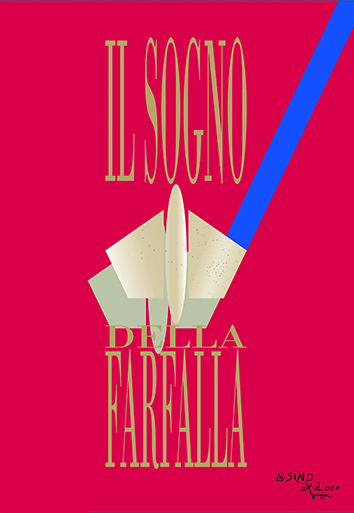Dalla salvezza dei morti alla salvezza dei vivi Ernesto de Martino e il capovolgimento dell’ideologia cristiana della morte
DOI:
https://doi.org/10.14663/sdf.v19i2.234Abstract
The article attempts to retrace some moments of the thinking of the ethnologist E. de Martino, who substituted the concept central to Christianity “salvation for those that die”, with “salvation for those that remain”, placing at the centre of his reflection the “critical moments of existence”: those moments of transition where people detect the psychic risk of losing themselves. The work by De Martino here considered is Morte e pianto rituale (Death and ritual mourning), as well as hitherto important but unknown reflections by the scholar recently collected and published. In the light of this, the article, following the line traced by M. Vovelle, reviews, starting from the Middle Ages, some of the important moments of this long course of desacralization of death in the West, highlighting how art, literature, philosophy have often, with their profane eye, proposed different visions of the last passage, in contrast with Christain ideology. Thanks to the contribution of M. Fagioli’s thinking it is possible to highlight two fundamental implications. The first is that the fear of death hides the anguish of going mad. The second is that Christianity, which has overturned the meaning of death, defining it as a birth, has, for over two thousand years, prevented man from having knowledge and redeeming himself from slavery and original sin.


